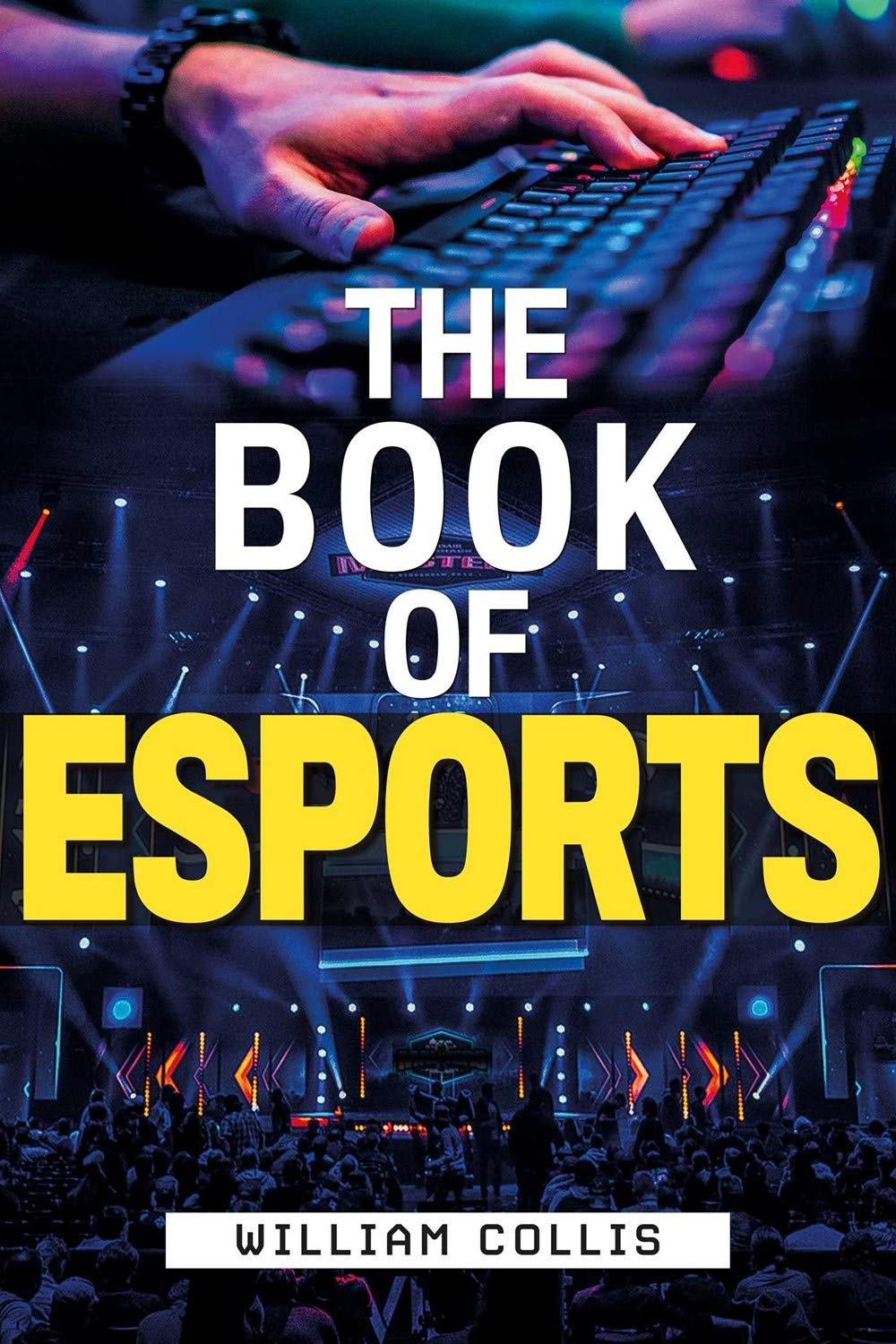 Esports might be one of the more talked about topics at universities around the world, but very little literature exists to teach it in the classroom.
Esports might be one of the more talked about topics at universities around the world, but very little literature exists to teach it in the classroom.
William Collis, a professor at Becker College in Worcester, Mass., and an esports entrepreneur, has addressed that by writing The Book of Esports. It provides a clear and accessible overview of competitive video gaming, which he says would make a strong complement to accompany higher education esports curriculum. It includes both a history of modern gaming, and a series of models and frameworks to predict how the industry will evolve. The book, available for preorder, is scheduled to hit shelves on Aug. 4.
In addition to his work as a professor, Collis might be more well-known for founding two highly successful esports companies – Gamer Sensei and Team Genji, whose Hearthstone team was No. 1 in the world in 2018. He also co-hosts the popular “Business of Esports” podcast and has taught esports in the classroom, where he trialed and tested The Book of Esports to Becker students over the past two years.
“Esports is important, but that doesn’t make it easy to teach,” says Collis, who graduated from Amherst College and Harvard Business School as a Baker Scholar. “We’re all in this together – that’s part of what makes this such an exciting moment in academia. It is a rare event for an entirely new subject, and one that students are deeply passionate about, to enter University curricula. By leveraging our mutual learnings, we can help make teaching esports the best experience possible for both students and professors worldwide.”
Collis, one of the featured speakers at this October’s inaugural Academic Esports Conference and Expo in Chicago, has offered up some strategies to professors and University Business readers who are preparing their own esports courses – lessons he learned from teaching and writing The Book of Esports – to help them get the most of their gaming class:
Divide and Conquer. Esports can be tough to teach because students often hold strong opinions about the space, usually formed from their own gaming experiences. I’ve learned to take advantage of this by framing my lectures around rivalries (for example, between competing game publishers), and asking students to ‘choose sides.’ Most chapters in The Book of Esports revolve around similar industry conflicts to create natural points of student engagement.
Justify Speculation. Esports is challenging to teach because it is still in-progress. But this also makes esports uniquely compelling. Esports isn’t a purely historical event, but also a current trend. I’ve learned to encourage students to aggressively speculate on what they think will happen in the industry. But also to justify these speculations using historical evidence. The Book of Esports introduces predictive frameworks precisely to help guide these conversations.
Too Big Will Fail. The final hurdle I’ve hit when teaching esports is that the subject is incredibly broad. Is esports about pro teams? About games? About streaming companies? Or something else entirely, such as tournament platforms? I’ve found that to teach esports well, students need to constantly be oriented in its ecosystem. The Book of Esports provides the EEE Model (short for Entire Esports Ecosystem) for this purpose. I try to start every class with this ecosystem, clearly labelling a single segment as the focus for the current lecture. For example: “Today’s class is about Twitch, so we’re going to focus on streaming platforms and how they compete with one another.” This helps manage discussions, and also creates a fun end-of-class climax where students ‘open the ecosystem’ to discuss how our targeted learnings ripple across the broader industry.
If you’d like to learn more about Collis’ work, you can visit his website. If you’re a professor interested in teaching esports, you can request a free, advanced digital copy of The Book of Esports to evaluate for your classroom by e-mailing [email protected] with a subject line that says “[Book of Esports] Free Faculty Copy Request”.
“We want as many people to read The Book of Esports as possible, so don’t be shy about requesting a copy,” Collis says. “We truly believe this is the definitive work on the industry and the gold standard for esports academia.”






